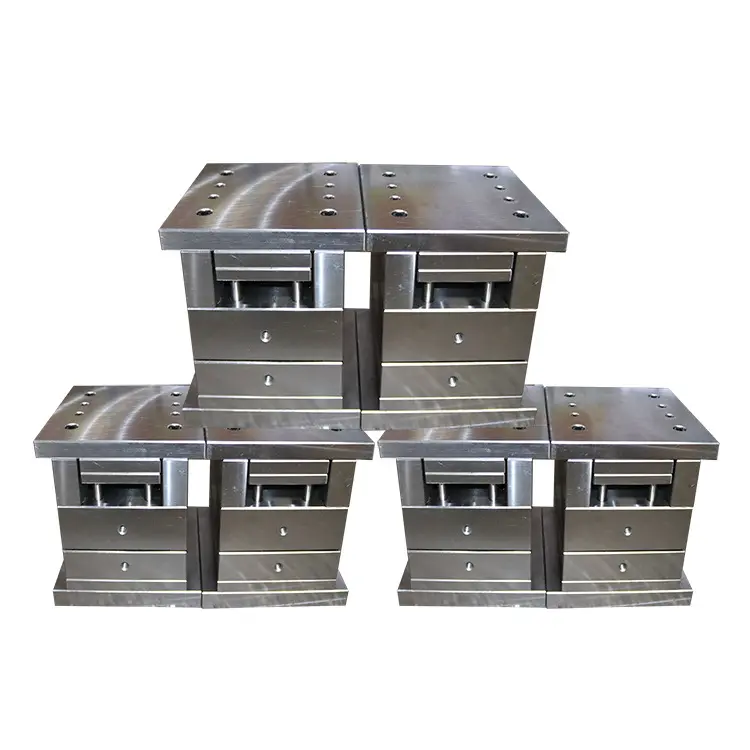The Korean manufacturing industry is renowned for its precision and quality. One of the critical components ensuring this excellence is mold steel. Mold steel plays a pivotal role in various manufacturing processes, from automotive to electronics. In this article, we will explore the top choices of mold steel and their applications within the Korean manufacturing sector.
Key Properties of Mold Steel
Mold steel must exhibit several essential properties to be effective in manufacturing. These include:
- High hardness and strength
- Good wear resistance
- Excellent polishability
- Thermal stability
- Corrosion resistance
Top Choices of Mold Steel
In the Korean manufacturing industry, the following grades of mold steel are commonly used due to their superior properties and performance.
| Grade | Properties | Applications |
|---|---|---|
| P20 | Pre-hardened, excellent machinability, good polishability | Injection molds, die casting dies |
| H13 | High toughness, good thermal shock resistance, high hardenability | Die casting molds, extrusion molds |
| 420 SS | High corrosion resistance, good wear resistance | Plastic molds, food processing equipment |
| SKD61 | High hardness, thermal stability, excellent toughness | Hot work dies, die casting molds |
Applications of Mold Steel in Korean Manufacturing
Automotive Industry
The Korean automotive industry is a global leader, and mold steel is crucial in producing high-precision parts. Mold steel grades such as P20 and H13 are widely used for manufacturing engine components, transmission parts, and other critical assemblies.
Electronics Industry
South Korea's electronics industry relies heavily on mold steel for producing components that demand high precision and durability. For instance, 420 SS is often used in the production of electronic housings and connectors due to its excellent **corrosion resistance** and polishability.
Consumer Goods
Mold steel is also vital in the production of consumer goods like plastic containers, toys, and household items. Steel grades like P20 and 420 SS are preferred in this sector for their ability to produce high-quality molds that endure extensive use.
Medical Equipment
The medical equipment industry in Korea utilizes mold steel to produce parts that require high cleanliness and resistance to wear. Stainless steel grades such as 420 SS are commonly used to produce surgical instruments and medical devices.
Advantages of Using Mold Steel in Korean Manufacturing
- **Durability:** Mold steel withstands the rigors of high-pressure and high-temperature environments.
- **Precision:** The high hardness and machinability of mold steel result in precise manufacturing.
- **Cost-Effectiveness:** Though initially expensive, mold steel's longevity and reduced downtime lead to long-term savings.
- **Versatility:** Adaptable to various applications across multiple industries.
Challenges in the Use of Mold Steel
- **Cost:** High initial cost compared to other materials.
- **Maintenance:** Requires regular maintenance to retain performance.
- **Complex Processing:** Requires advanced machinery and technology for effective use.
Future Trends in Mold Steel Applications
As technology advances, new grades of mold steel with enhanced properties are being developed. The focus is on improving **durability**, **thermal stability**, and **resistance to wear and tear**. In addition, the integration of **smart manufacturing** and **automation** is expected to streamline the use of mold steel, making production processes more efficient and cost-effective.
Conclusion
Mold steel remains an indispensable material in the Korean manufacturing industry. With its exceptional properties and versatility, it ensures the production of high-quality components across various sectors. Despite the challenges, advancements in technology promise to overcome them, paving the way for even more efficient and sustainable use of mold steel in the future.

